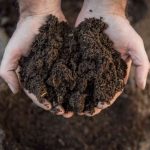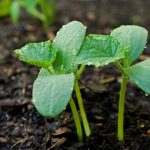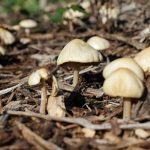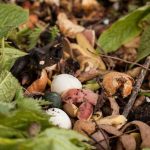Investing in good quality compost is very important to any garden, mainly because it helps the soil retain more water and helps in the breaking down of clay that exists in the soil.
We also have mushroom compost, which is organic and emits essential nutrients like nitrogen, phosphate, and potassium into the soil. But is mushroom compost good for strawberries?
Mushroom compost is suitable for strawberries as it has a high concentration of nitrogen, phosphorus, and potassium, which is beneficial for plants, including strawberries.
This article will look at why mushroom compost is beneficial to strawberries!
Table of Contents
Overview of Mushroom Compost
So many people today are still ignorant of the actual meaning of mushroom compost, which justifies the reason why they are as confused as to whether they are an ideal mix for plants such as strawberries or the other way round. Mushroom compost is a type of slow-release, plant-based fertilizer.
It is the remnant of the mushroom cultivator, which uses organic substances including hay, corn cobs, etc. the reason it is called mushroom compost is that it is gotten from mushrooms, but, still doesn’t contain any amount of mushroom whatsoever, and is formed basically to use for mushroom cultivation.
However, compost is a very essential mix, not just for mushrooms, but also for many other plants and even vegetables.
Again, once the compost has failed in its crucial function of meeting up to its commercial production of mushrooms on a mass scale, the remnant is further used to grow mushrooms and other plants and vegetables or used for gardening as a general compost.
Mushroom is specifically considered a substrate with a massive humus content and other essential nutrients since it contains a high level of the nutrient. Because, mushrooms are saprophytic, they do best when placed in dark humid areas where they can derive dead compost. The mushroom compost scales from 60-70% straw, 28-34% poultry litter, and 2-4.5% gypsum.
What Is Mushroom Compost Made From?
As we earlier mentioned, mushroom compost is produced from straw, corn cobs, and horses, with a mixture of poultry manure, peat moss, gypsum, and lime.
It forms a compound with a very high content of organic matter that is perfect for mushroom gardening. After injecting the compost with mushroom spores, you can allow it for 3 weeks before you harvest.
Is Mushroom Compost Good for Strawberries?
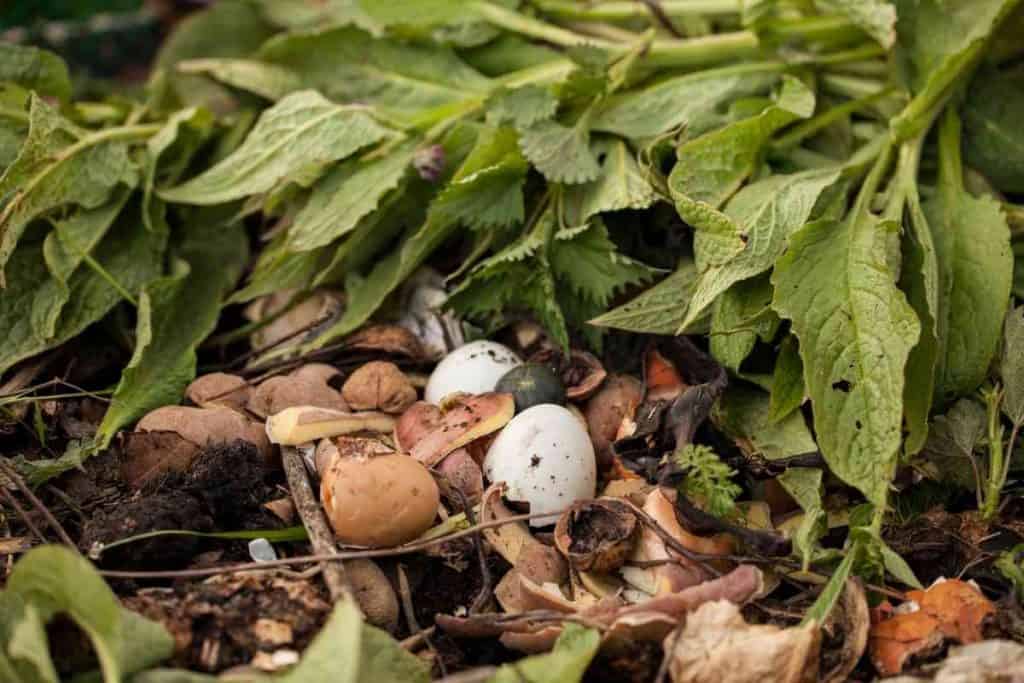
As we earlier mentioned, mushroom compost is not only good for your plant but also beneficial to them.
This is because, it maximizes the capacity at which the soil retains water, which inversely minimizes your watering requirements. Quite simply, mushroom compost is ideal for strawberries.
Generally, compost is very essential for the growth of strawberries, and these amazing benefits depend on what kind of compost you are using.
In other words, mushroom compost is the best soil and significantly effective on soil nitrate, featuring nearly 32 mg/kg of soil greater than non-amended soil.
Note that mushrooms belong to the saprophyte species that thrive in dark humid environs full of compost.
Meanwhile, the compost consists of 60-70% straw, 28-34% poultry litter, and 2-4.5% gypsum. The compost can be made from mixtures of corn cobs, wheat bran, cattle manure, moss, lime, urea, which are all beneficial for plants like strawberries.
Also, mushroom compost has a greater concentration of nitrogen, phosphorus, and potassium, which are essential for most plants including strawberries, as long as the plants often thrive whenever the soil is not acid and if the soil contains alkaline brassicas, it will be hard to contaminate club-root disease.
Additionally, mushroom compost is an ideal quality soil for your strawberries, because it helps the soil to retain much-needed water and decompose any form of clay in the soil.
It is also organic and can emit essentially required nutrients into the soil. This nutrient includes nitrogen, phosphate, and potassium.
How Much Mushroom Compost Do I Need?
An experienced gardener would advise you to make use of 3 inches of compost, as it is ideal to retain water and suppress weed.
If you want to use mushroom compost to amend the soil, you can use a 3-inch layer (for sandy soil) or a 1 to 2-inch layer (for clay soil).
How Do I Use Mushroom Compost?
If you want to use mushroom compost, you will first need to mix mushroom compost with soil before planting any seed.
Also, you can’t use mushroom compost alone, as you’ll have to mix a part of it in two separate parts of soil, enabling the salt in it to dilute properly, and causing all of its nutrients to spread equally throughout.
It is also available in the market as a premixed compost packet, which you directly insert into the soil.
Related Posts:
- Do Cucumbers Like Mushroom Compost?
- Will Mushroom Compost Burn Plants?
- Plants That Don’t Like Mushroom Compost

